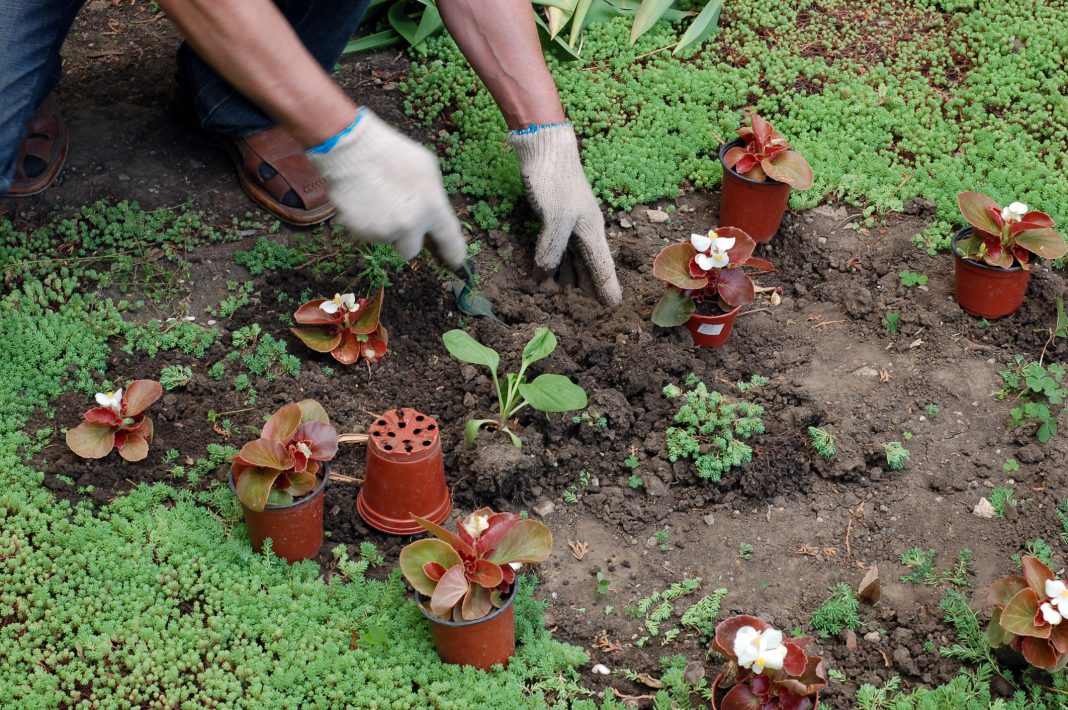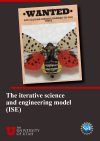Exploring the relationship between mental health, the workforce, and biodiversity, workplaces should be encouraging their employees to volunteer in nature
When I was young growing up in inner-city Liverpool, I lived on a road lined with elm trees. Each morning, I would be woken by the twittering of house sparrows. Walking to school, house sparrows would be playing on the pavement and were commonplace in the local park. Dutch elm disease came up from the south of England and the trees were cut down and the sparrows became more scarce. Now I don’t see them when I visit my old haunts, explains Anthony Chadwick BVSc CertVD MRCVS, the founder and CVO of Alpha Vet International.
It is estimated that we have lost nearly 60% of sparrows in the last 50 years. Some species like the wryneck and red-backed shrike do not breed in Britain anymore but are seen on passage. The UK is one of the most nature-denuded countries in Europe.
The UK is one of the most nature-denuded countries in Europe
Biodiversity is a measure of variation at the genetic, species and ecosystem levels. It measures the richness of the natural environment. The general deterioration of the natural environment has been noted by psychiatrists to cause anguish, especially in the young where it is described as solastalgia.
This is an existential dread for the future of the planet which can lead to malaise and apathetic response to positive action that might improve the situation like planting a wildflower meadow. On the other hand, in environments where nature is more biodiverse, people will feel more positive. One study has shown that children growing up and studying in biodiverse areas increase their IQ. IQ is not a static, fixed data point!
Planting wildflowers at the workplace on waste pieces of ground or where more traditional gardening has previously been will encourage wildlife like butterflies and bees. Preparing this area and seeing the beautiful flowers growing, gives people a sense of achievement and also helps to slow them down when they want to study the flowers and animals that thrive there.
The benefits of appreciating nature have become so well recognised that GPs have begun green and blue prescribing under the banner of social prescribing.
How do we promote well-being in nature?
A recent article in the Wildfowl and Wetland Trust’s magazine, Waterlife discussed five ways to well-being in nature:
1. Connecting with nature and connecting with other people whilst in nature to develop our social relationships. This can also include getting to know colleagues better whilst working on nature projects as part of work.
2. Regular activity is associated with lower rates of depression and anxiety. Even gentle exercise will exercise the mind as well.
3. Being aware of what is in the environment and living in the moment will also enhance well-being. I remember being in the centre of Liverpool and hearing a buzzard calling high in the sky. It lifted my soul.
4. Learning about the wildlife in the business’ wildflower meadow, stimulates the mind and can lead to feelings of pride in newfound knowledge and improve self-esteem.
5. Being involved in helping the company achieve its sustainability goals and helping others makes people feel happier.

In the Lancashire Wildlife Trust’s spring 2022 magazine, Lapwing, it was noted that green and blue social prescribing to a group of people suffering from loneliness, depression and anxiety delivered £6.88 of value to participants and the wider society for every £1 spent.
The wildflower gardens at the Liverpool Science Park, which the team at The Webinar Vet and Simply Vet helped to create, are a source of great joy to me. I love to show the team and visitors how the meadow is developing and I love seeing bees, butterflies and other small creatures gain sustenance from the flowers and shelter from the space. Sometimes, in the middle of a busy day, it’s good to go down and spend time being a part of nature rather than apart from nature.
Employee mindfulness and the environment
Encouraging employees to volunteer in nature reserves or even planting wildflowers at places of work will encourage insect life and taking time to study this at work is mindful and will cause team members to slow down and breathe more deeply. Some companies offer volunteer days for their employees to work for charities or organise a day out in nature. This has many positive benefits in making the employees see that the business cares about the environment.
Whilst many employees are working remotely, having set breaks where people can go outside to exercise or just enjoy nature is very important. A recent report by Sympa on the future of work noted three trends
• That trust was becoming even more important
• That hybrid working is the new normal
• Employers are seeing employee mental health as a really important consideration
Given the obvious benefits that working in a biodiverse environment brings, it seems likely that forward-thinking businesses will try to get their team to engage more with the natural space to demonstrate the company’s commitment to the well-being of their people and the planet.
Editor's Recommended Articles
-
Must Read >> Championing mental health and workplace wellbeing
-
Must Read >> Nature essential for human wellbeing
































